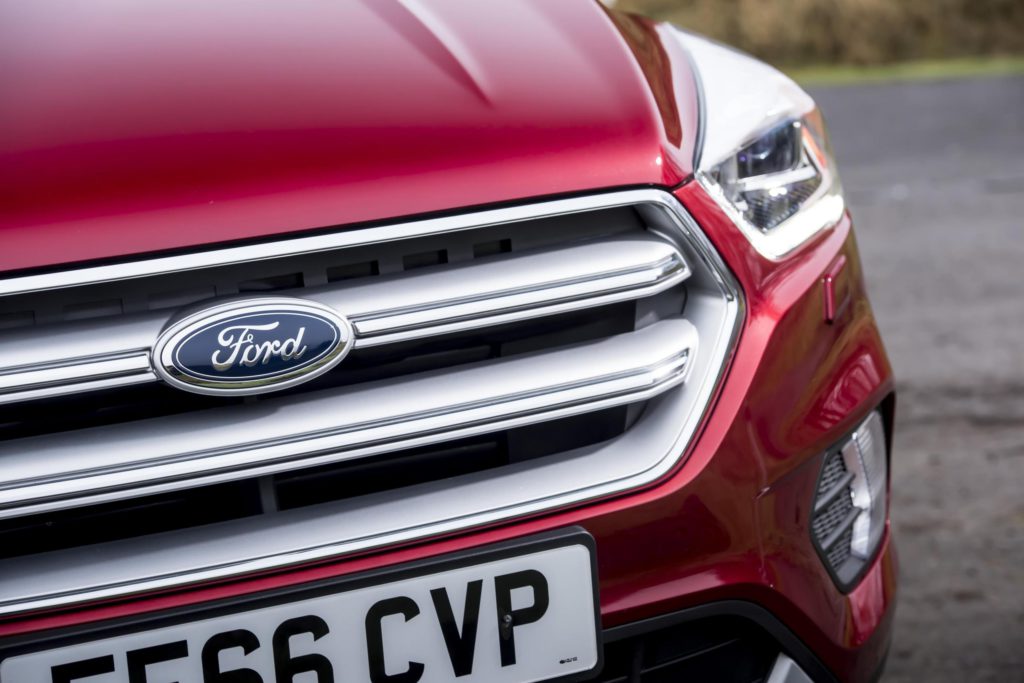Ford to reduce models as revenues dive in 2017
31 January 2018

31 January 2018
Ford is planning to disclose details later this year of its investment shift to SUVs and crossover vehicles from passenger cars as it struggles with its European profits.
The company has said that it will scale back its car offerings and present fewer iterations of models that survive as it seeks to become leaner and thereby improve profit margins. Ford has had a turbulent year in 2017 as it welcomed its new CEO, Jim Hackett. Profits have been hit, especially due to falling UK sales, while the manufacturer tries to develop a path to electric and autonomous vehicles.
Revenue fell 66% in Q4 2017 as European sales slid, meaning the company needs to find ways to reinvigorate its product line-up. With its position as the market leader in the UK, and vehicle sales falling in the country, the manufacturer has been hit hard.
Executives have said that Ford is implementing business practices focused on Hackett’s belief in ′smart vehicles for a smart world.’ This includes $14 billion in costs cuts, simplifying orderable products, and tailoring its model line-up to higher-margin segments for different parts of the world to remove its reliance on Europe.
The investment shift means Ford will focus on performance SUVs and ′authentic off-roaders’ where the automaker can get higher profits, Jim Farley, president of global markets, said earlier in January.
Reporting its yearly earnings, chief financial officer Bob Shanks said that Ford is not as fit as other vehicle manufacturers, and this is stopping it from achieving the company’s desired profit margins of around 8%. The company’s pre-tax profits fell 19% in 2017, while Q4 earnings also fell 19% globally, and 66% in Europe.
Most of the full-year drop was attributed to Brexit-related charges, as well as higher commodity and warranty costs.
Shanks said Ford’s revenue would be bolstered by the launches of 23 new vehicles globally this year, up from 11 last year. Ford’s key upcoming launch in Europe is the new Focus compact hatchback, which arrives later this year.
Ford is also preparing an ambitious plan to roll out robot taxis and driverless delivery vehicles by 2021.
The company has also announced that it is acquiring two technology companies; Autonomic, a Silicon Valley technology company that specialises in scale, architecture and leverage for transportation industry solutions, along with TransLoc, a North Carolina provider of software platforms to transit agencies, cities and universities to create more efficient public transit.
Ford will also rearrange its mobility team into four key areas: Ford X, a business incubator that will oversee Autonomic and the company’s transportation mobility cloud; Mobility Business Group, which will oversee more established initiatives such as FordPass, Chariot and other business opportunities; Mobility Platforms and Products, which will lead design and development for the technology underpinning Ford’s mobility businesses; and Mobility Marketing and Growth, which will be the global marketing and sales team.
The automaker is also planning to increase investment in electric vehicles, as it believes it is lagging behind in the development of the technology.